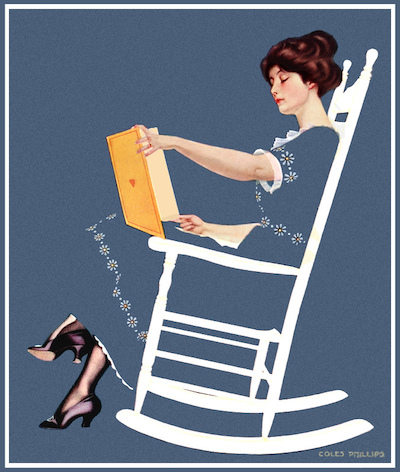There’s room for all types in sports. Or that’s what we’re told. “If you can play, you can play” is the slogan of a great organization working for inclusion in sports. White, black, gay, straight, male, female, young, old, everyone can play sports. But what about people who lose their temper easily? What about shy people? How accepting are sports of different personality types? Two articles came across my desk recently that make me think about the question of balancing diplomacy and passion in sports.
One of my favorite parts of writing Dear Sports Fan is reading other great writers cover sports in a way that’s accessible and compelling for the whole spectrum from super-fans to lay people. Here are selections from the best articles of the last week on the subject of attitude:
Boogie Cousins and The Upside of a Bad Attitude
by Bethlehem Shoals for GQ
Demarcus Cousins, mysteriously nicknamed Boogie, is one of the most talented young basketball players in the NBA. For pretty much his whole career, even in college, he’s been known as a player who let his emotions get in the way of his success. Bethlehem Shoals takes this idea and examines it for what it’s worth — which might not be that much. Why, Shoals asks, do we feel the need for our sports starts to fit into a single stereotype?
Cousins is exciting to watch because he plays with feeling; he’s unpredictable and at times, ecstatic. When he decides to take over a game or clinch a win, it’s as much a matter of will as it is ability. Like Russell Westbrook, he spurs his team to greater heights by wearing his emotions on his sleeve; there’s a range there that somehow seems more honest, or authentic, than more guarded, less expressive players.
Cousins is undoubtedly a post player but he’s always a few steps out from the basket, allowing him an extra move or two to try and throw off defenders. You could argue that this space is also where the emotion, the excitement builds. With Cousins, there’s a real tension and release. He gets the ball, gets worked up, and more often than not, pays it off with a big play.
Asking Cousins to change his personality wouldn’t have just been pointless—it could have been disastrous. A player like Davis can change his game in certain ways, according to a certain script, because it suits him as a person. Cousins has taken a different path, finding a way to channel his energy in a way that helps, rather than hurts, himself and all those around him. We’ve seen it before and yet somehow, players who get the “troubled” label are never allowed to just be themselves and evolve accordingly.
Meet Tom King, one of USSF’s most important people behind the scenes
by Grant Wahl for Sports Illustrated
While wearing your emotions on your sleeve might be a good idea on the basketball court, it’s certainly not in the game that Tom King plays. As Grant Wahl explores in this article, the arranging and scheduling of international soccer games is as complex and sometimes as confrontational as the sport itself.
One of the leading practitioners of U.S. foreign diplomacy is a guy who schedules soccer games… It’s just like diplomacy. Countries may say one thing privately and another thing publicly, and it’s hard to know what’s really going to happen until you sign a treaty (i.e., a contract).
“It’s about two organizations trying to come together on some common ground with regard to economic conditions, technical decisions and the best possible dates to play. These relationships have been built up over many, many years. And our philosophy is that if things go wrong in the negotiations or if any federation reneges on something they had perhaps previously agreed, or we had an agreement to play in principle but it didn’t come through, we always take the high road.”

